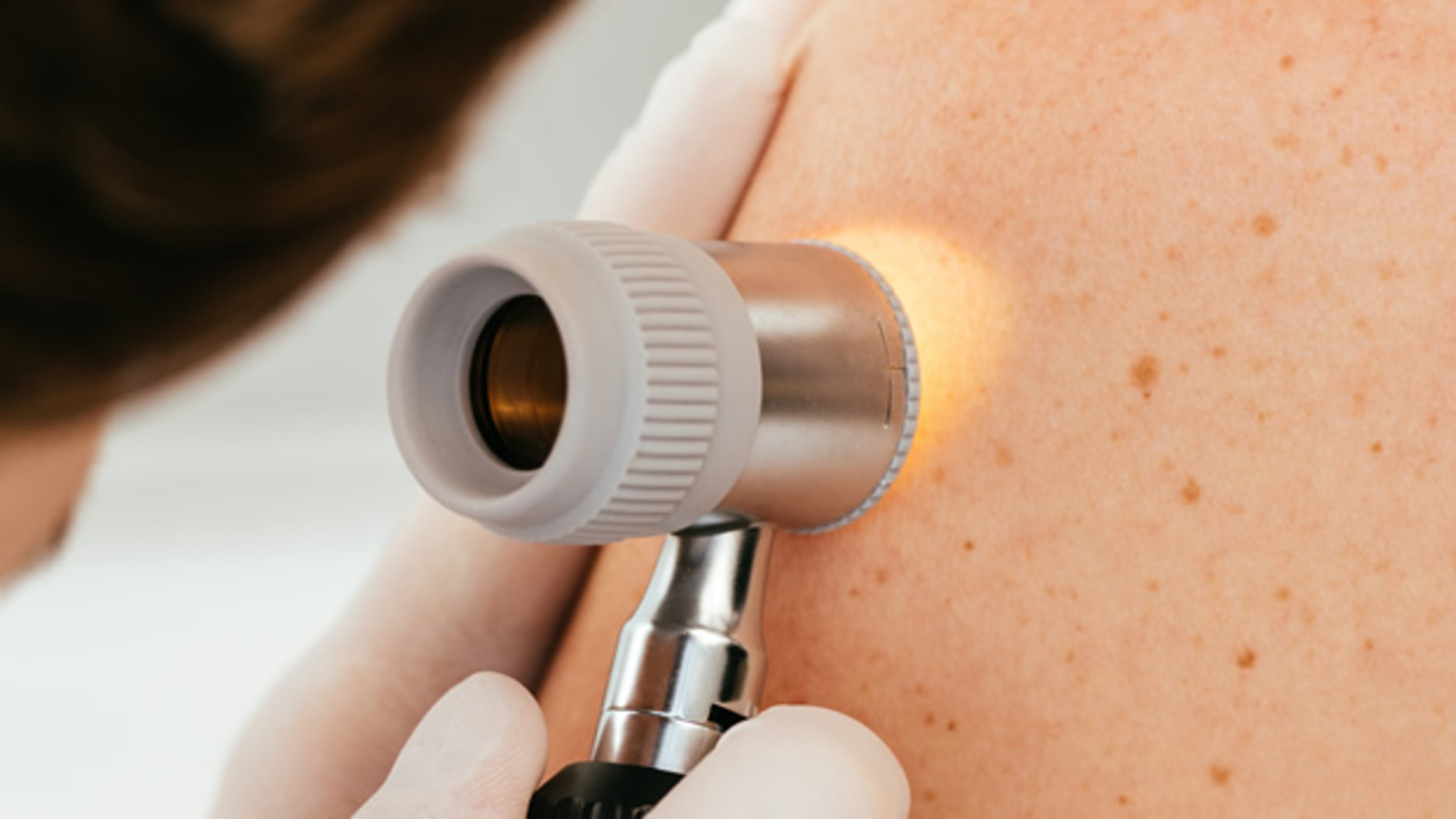Skin Cancer Surgery

About this PSP
The Skin Cancer Surgery PSP was established in 2020 to bring together patients, carers and clinicians to identify the most important unanswered questions related to surgical treatment for all types of skin cancer. The results of the PSP will help focus and prioritise future research efforts related to this topic in order to improve patient outcomes for those being treated for skin cancer.
The PSP was funded by the UK Dermatology Clinical Trails Network (UKDCTN) and the British Society for Dermatological Surgery (BSDS).
The Skin Cancer Surgery PSP Top 10 was published in July 2022.
Top 10 priorities
1. What are the effects on patient outcomes from delays in skin cancer surgery?
2. What is the most effective way of determining the borders of the skin cancer before skin cancer surgery?
3. What are the best approaches to ensure that patients feel fully informed about their skin cancer surgery? i.e. scar results, other treatment options
4. What is the best management of incompletely or narrowly removed keratinocyte cancers? These include basal cell (BCC) and squamous cell cancers (SCC).
5. What are the psychological support needs following skin cancer surgery and how can these be best supported? (e.g. for depression, anxiety)
6. What factors affect whether skin cancers come back following skin cancer surgery?
7. What is the role of Sentinel Lymph Node Biopsy (SLNB) for skin cancer? (e.g. Melanoma, Merkel cell, SCC)
=8. What excision margins (margin of normal tissue removed around the skin cancer) give the best balance between scarring and cure for different skin cancers?
=8. What is the role of wide local excision (extra skin taken around the scar) for melanoma and lentigo maligna in reducing recurrence?
9. What are the best ways to measure outcomes after skin cancer surgery? (e.g. the scar appearance, patient experience, pain)
10. How does Mohs surgery (a specialist technique to confirm cancer clearance before repairing the wound) compare to standard removal with immediate or delayed repair of skin cancer?
The following questions were also discussed and put in order of priority at the workshop:
- What is the role of complete lymph node removal and how does it compare with other treatments for skin cancer lymph node recurrence e.g. radiotherapy or targeted drug treatment (immunotherapy)?
- How effective are different treatments compared to standard surgical removal for keratinocyte cancer? These include basal cell (BCC) and squamous cell cancers (SCC).
- What are the outcomes of skin cancer surgery performed in the community setting (GP practices for example) versus the hospital setting?
- What is the role of non-surgical treatments in the management of lentigo maligna or melanoma in situ? (these are abnormal mole cells in the surface skin layer only which may lead to melanoma, sometimes known as “pre-cancers”) e.g. cream or radiotherapy
- What are the best ways to reduce or treat complications after lymph node surgery? (e.g. limb swelling (lymphoedema), nerve damage, infection, pain)
- What are the best methods to reduce wound infections after skin cancer surgery?
- What is the role of radiotherapy after skin cancer surgery?
- What is the best way to prevent and treat nerve damage or numbness after skin cancer surgery?
- What impact do skin cancer multidisciplinary teams (MDT) have on skin cancer surgery outcomes?
- What are the most effective ways to communicate the results from skin cancer surgery to patients?
- What best improves wound healing, apart from the dressing, for skin cancer surgery? (e.g. physiotherapy, occupational therapy, psychological support, scar massage)
- What are the best approaches for successful skin grafts after skin cancer surgery? (e.g. dressings, donor skin, healing and appearance).
- Which surgical repair after skin cancer removal provides the best outcomes (cosmetic and patient satisfaction) – flap, graft or secondary intention?
- What can help with scarring after skin cancer surgery? (e.g. surgical technique, massage, creams)
- Which approach to wound closure provides the best results in skin cancer surgery? (e.g. pattern of stitches, stitch material, timing of removal)
Document downloads
For full details of all of the questions identified by this PSP, please see the document below.